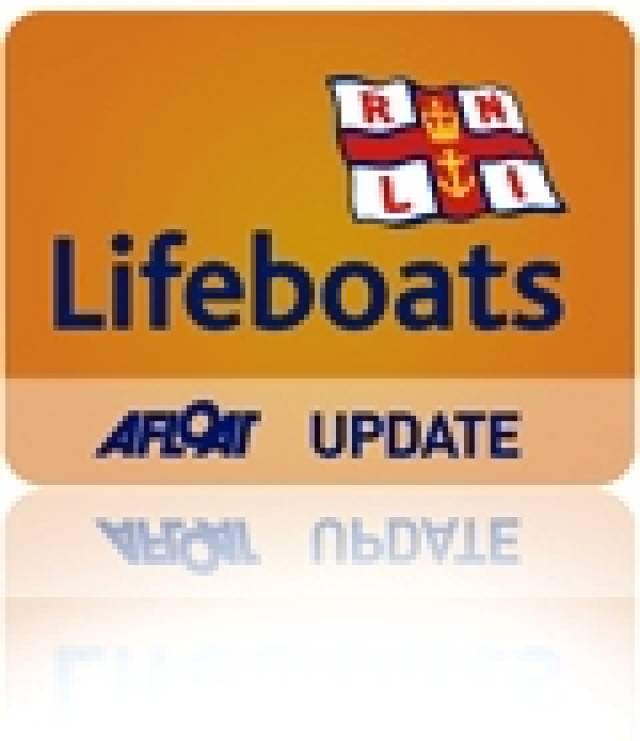Two divers who went missing near Fishguard this afternoon have just been found after a major air land and sea search which lasted nearly three hours. The two 50 year old men had been diving on a world war II wreck called the 'Empire Panther' which is off Strumble Head near Fishguard. When the two failed to surface as expected at just before 5.00 pm, their dive boat contacted Milford Haven Coastguard and a land, air and sea search began.
Fishguard Coastguard Rescue Team searched along the shore, whilst the Fishguard inshore and all weather RNLI lifeboats, which had been requested to launch, began a search along the foreshore. The rescue helicopter from RAF Chivenor was scrambled and joined the search.
The Preseli Coastguard Rescue team, the Preseli Coastguard Sector Manager and St Davids all weather and inshore RNLI lifeboats joined the search later on.
Milford Haven Coastguard Watch Manager Andrew Hodgson says:
“I am pleased to day that we have just found the divers, exhausted, but safe and well, four miles out to sea. They are now being airlifted from the sea by the helicopter. The fact that they were carrying strobe lights and torches and wearing florescent hoods helped us to find them as darkness fell.”
































































